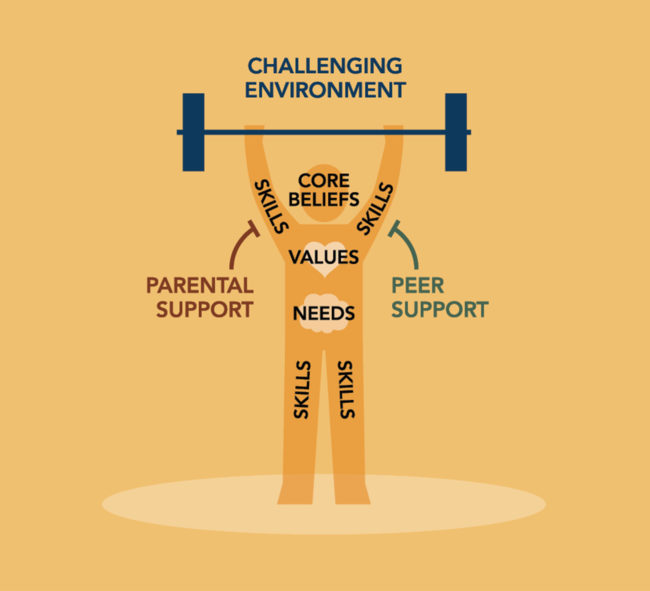Lifespan Christian Sex Education
“Come on—at least let me touch you! You say you like me, and I really care about you. People who care express it with their bodies! Let’s enjoy each other!”
Emma is returning from a poorly chaperoned eighth-grade field trip. She looks around; the cold bus is dark, the exhausted teacher is asleep in the front of the bus. A lot of the guys and girls are paired up and “making out.”
Emma and Liam have been a couple for three weeks; she likes him. He hasn’t been aggressive up until now. She is feeling scared, excited, guilty, curious, and confused all at the same time.
What should she do? How will Liam respond if she gives in? If she doesn’t? And her parents! She remembers what her mom said, but then, her mom was very unclear as to why it wasn’t right. And what about God—would Jesus want her to do this? But does Jesus care about just touching?
Are Emma’s choices on the bus determined by the biology facts stuffed into her head in sex-ed classes? No. Emma’s behavior will be a function of the totality of her character, of who she is as a person at that moment.
Principle 1: Sex education is the shaping of character.
Sex education includes providing information, but that’s only part of the job. The Deuteronomy 6 passage quoted in chapter 1 instructs us that we should be constantly teaching our children about the love and instruction of God. We should “talk of them when you sit in your house, and when you walk by the way, and when you lie down, and when you rise” (verse 7).
The living obedience of parents to God’s commands is the foundation for any purposeful teaching of our children. Our lives, our obedience as parents, are a living witness to God’s work. Hopefully, our lives will shape the character of our children for good, modeling for them how to give their lives to following God in joyful obedience to the commandments God gave for their good.
Principle 2: Parents are the principal sex educators.
You, the parent, are the first and most important influence upon your child’s character. Either you will be a haphazard and thoughtless teacher who gives little thought to what you are doing in your parenting, or you will be a prepared, thoughtful, responsible teacher. Choose prayerfully which you will be.
We teach by what we do to our kids, as when we punish or praise them, and we teach by what we say to our kids. But perhaps the most powerful teaching method is teaching by who we are before our kids. Kids soak in the examples of our lives like sponges. Our lives are a story we are telling our kids.
If our lives bear the imprint of Christ, we become windows through which our kids see God’s character. We should do this not only through our love and discipline of our kids but also through how we as parents treat each other. The primary message in Ephesians 5 is that Christian marriage is meant to be a picture to the world—and especially to our children—of the character of Christ’s relationship to his bride, the church.
THINKING ABOUT YOUR CHILD’S CHARACTER
Think of your child’s character as composed by or built upon needs, values, beliefs, skills, and supports. In the diagram, we portray needs as our guts or our “bowels” (to use a biblical metaphor). Our values form our hearts. Our core beliefs constitute the mind of our character. Our skills are our bones and muscles by which we act. Our supports help us push back against the challenges that come at us. (see illustration below)
Some content taken from HOW AND WHEN TO TELL YOUR KIDS ABOUT SEX, by Stan and Brenna Jones. Copyright © 1993, 2007, 2019. Used by permission of NavPress. All rights reserved. Represented by Tyndale House Publishers, Inc. To purchase books in the GOD’S DESIGN FOR SEX book series, go to https://www.navpress.com.





